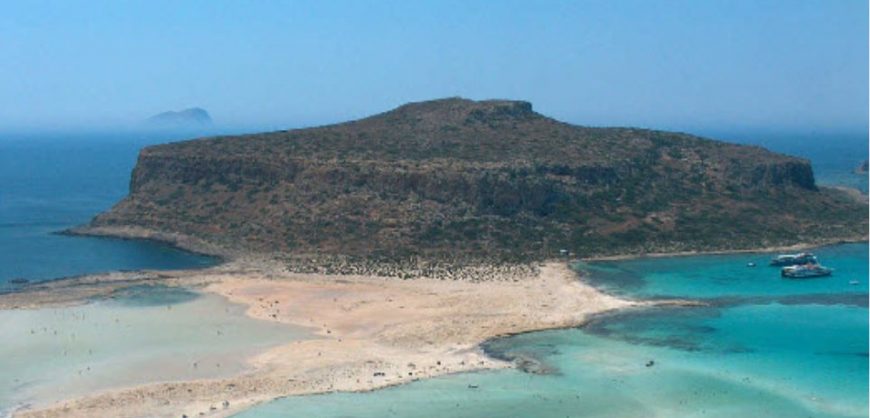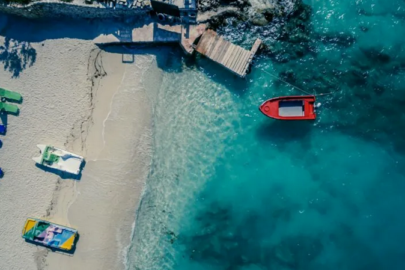The corona pandemic and the related travel restrictions and lockdowns have caused both domestic and cross-border travel to collapse. All types of transport are affected. If the lockdowns remain in place over the summer months, traditional tourist destinations, for example on the Mediterranean, will suffer major economic losses.
The further progression of the coronavirus pandemic is highly unclear, which is why nobody can tell yet when and to what extent the current travel restrictions in the EU and beyond may be relaxed or waived completely. One thing is certain, however: the main holiday season in the northern hemisphere will begin in about three months. And the travel and tourism sector generates a significant share of aggregate GDP in many Mediterranean countries. In Italy and Spain, this share amounted to just above 13% (nationwide average) and to 14.6%, respectively, in 2018. Greece even generated as much as 20.6% of aggregate GDP in the travel and tourism sector. Moreover, tourist “hot spots” in these countries register considerably higher percentages.
Greece did something right in dealing with coronavirus spread, writes Bloomberg
The coronavirus-related travel restrictions and lockdowns, hotel closures and cancellations of cultural events, fairs and conferences have already led to irrevocable revenue losses in all affected sectors (tour operators, hotel and restaurant owners, trade fair organizers, transport companies, etc.) and are starting to eat away at the resources of many firms.
Read more: Tornos



































